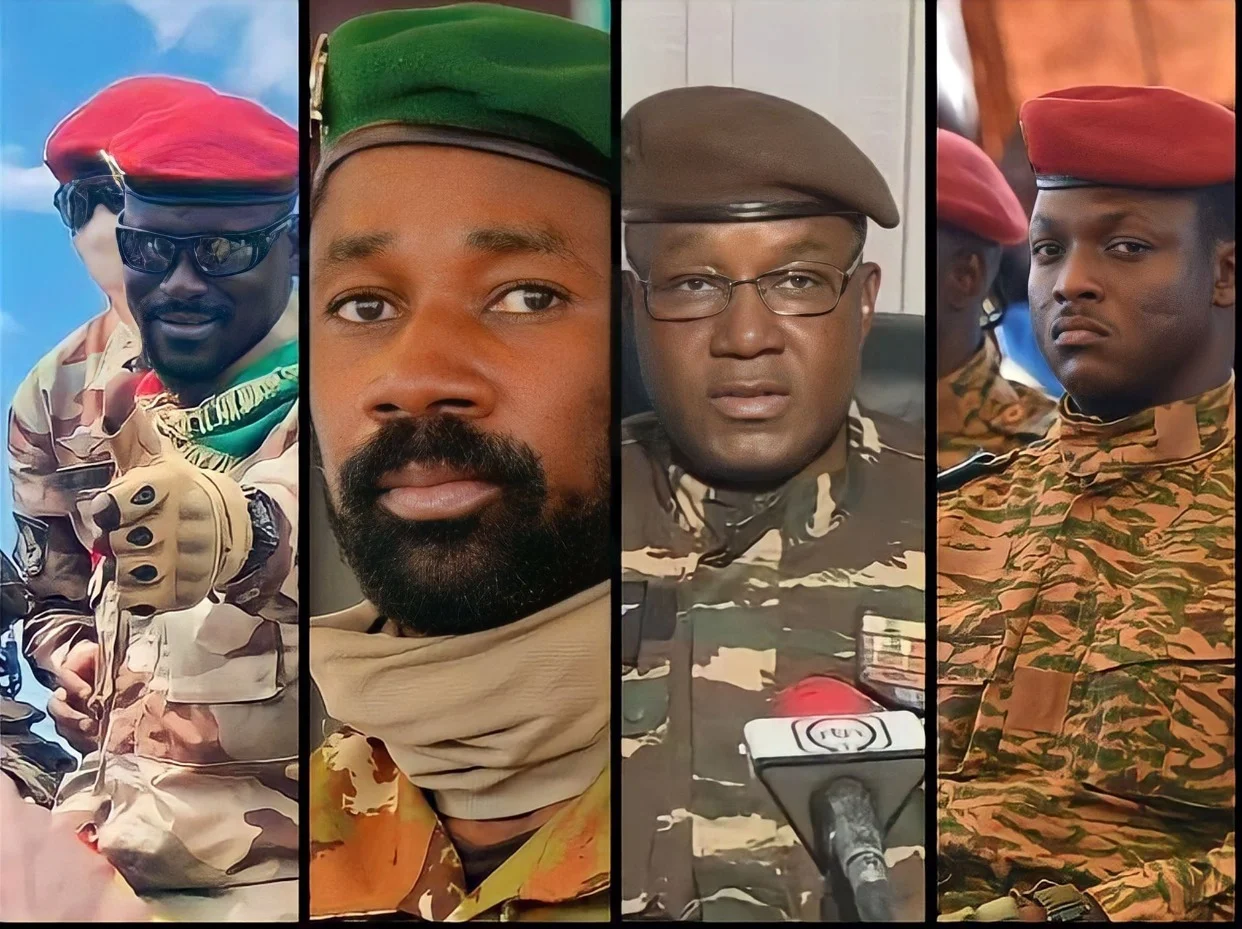The political situation in Niger remains tense and uncertain, as the military junta that seized power on July 26, 2023, faces mounting pressure from the regional bloc ECOWAS and the international community to restore constitutional order and release the ousted president Mohamed Bazoum.
The junta, led by General Abdourahamane Tiani, has proposed a three-year transition plan that would involve a national dialogue and a constitutional referendum, followed by legislative and presidential elections. However, this plan has been rejected by ECOWAS, which has demanded the immediate and unconditional release of Bazoum and the restoration of his government.
ECOWAS has also threatened to impose sanctions and use military force to intervene in Niger if the junta does not comply with its ultimatum. According to a regional security tracking and reporting site, Zagazola, ECOWAS has already mobilized its standby army, composed of troops from six member states: Ghana, Nigeria, Senegal, Ivory Coast, Benin and Guinea-Bissau. The ECOWAS army chiefs have met with the Ghanaian president Nana Addo Dankwa Akufo-Addo, who is hosting the talks, and are awaiting the green light from the heads of state to launch their operation.
However, some analysts and observers have expressed doubts and concerns about the feasibility and effectiveness of a military intervention in Niger. They argue that such a move could escalate the violence and instability in the country, which is already facing multiple security challenges from armed groups and terrorists in the Sahel region. They also point out that Niger's neighbors, especially Algeria and Nigeria, have shown reluctance and reservations about supporting a military option, preferring instead to pursue diplomatic channels and dialogue with the junta.
Moreover, some civil society groups and political parties in Niger have voiced their support for the junta, claiming that it acted in the best interest of the nation and that it has shown goodwill and openness to dialogue. They have also criticized ECOWAS for interfering in Niger's internal affairs and imposing its will on the people of Niger.
Therefore, it remains to be seen whether ECOWAS will go ahead with its military intervention plan or whether it will reconsider its stance and seek a peaceful and negotiated solution to the crisis in Niger. The fate of Niger's democracy and stability hangs in the balance.

-600x600%20px.jpg)

-600x600%20px.jpg)
